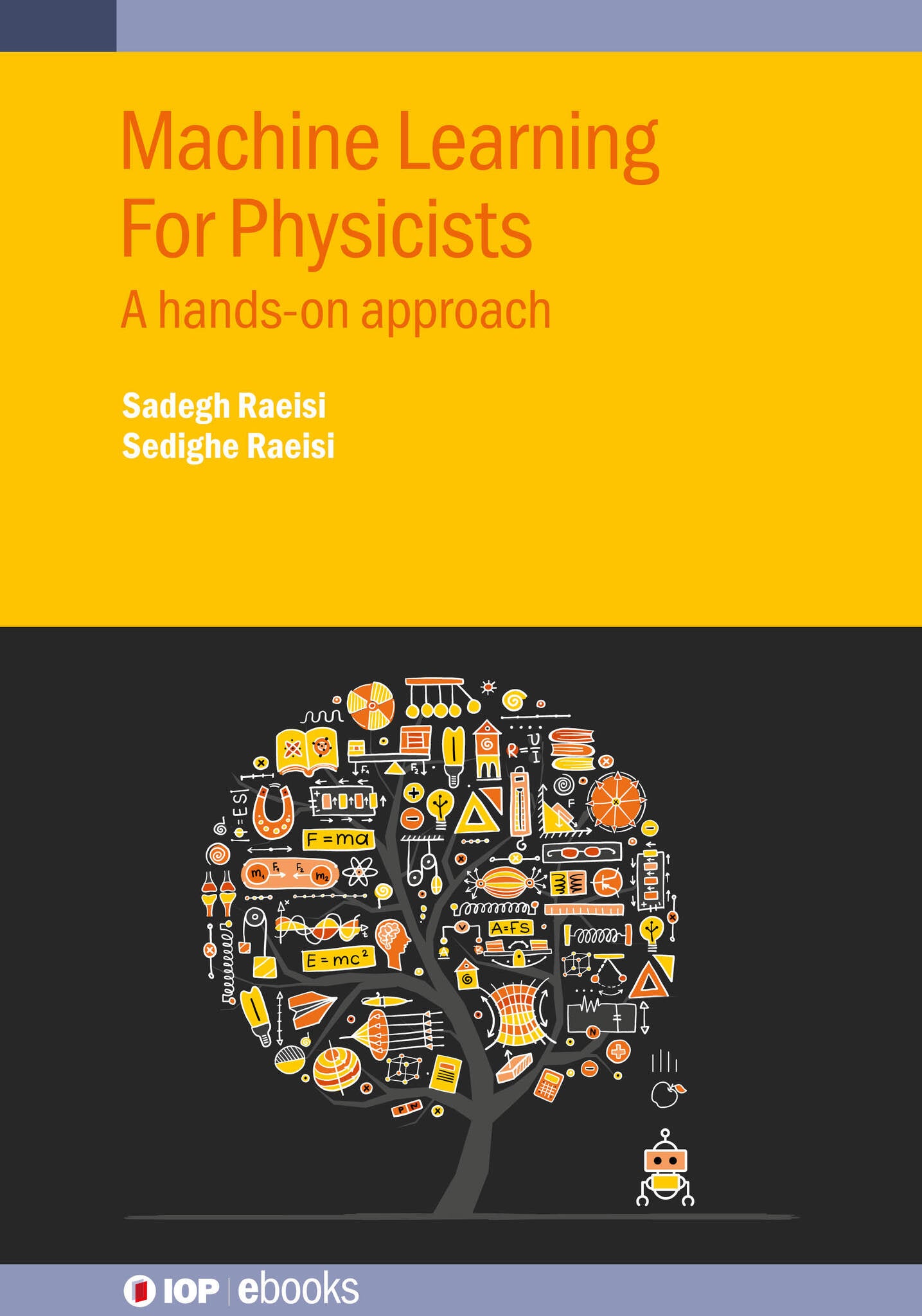We're sorry. An error has occurred
Please cancel or retry.
Machine Learning For Physicists

Some error occured while loading the Quick View. Please close the Quick View and try reloading the page.
Couldn't load pickup availability
- Format:
-
21 November 2023

This book presents ML concepts with a hands-on approach for physicists. The goal is to both educate and enable a larger part of the community with these skills. This will lead to wider applications of modern ML techniques in physics. Accessible to physical science students, the book assumes a familiarity with statistical physics but little in the way of specialised computer science background. All chapters start with a simple introduction to the basics and the foundations, followed by some examples and then proceeds to provide concrete examples with associated codes from a GitHub repository. Many of the code examples provided can be used as is or with suitable modification by the students for their own applications.
Key Features:
- Practical Hands-on approach: enables the reader to use machine learning
- Includes code and accompanying online resources
- Practical examples for modern research and uses case studies
- Written in a language accessible by physics students
- Complete one-semester course

COMPUTERS / Artificial Intelligence / General, Artificial intelligence, COMPUTERS / Data Science / Machine Learning, COMPUTERS / Data Science / Neural Networks, Ethics and moral philosophy, Machine learning

Machine Learning for Physicists is a highly recommended resource for physics students eager to harness the power of machine learning in their research. Its practical orientation, relevant examples, and project-based learning approach make it an excellent starting point.
Dr. J. Rogel-Salazar, Contemporary Physics, Oct 2024
Preface
Acknowledgements
Author biographies
1 Preliminaries
2 Introduction
Part I Supervised Learning
3 Supervised Learning
4 Neural Networks
5 Special Neural Networks
Part II Unsupervised Learning
6 Unsupervised Learning
7 Generative Models



